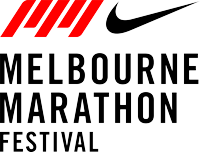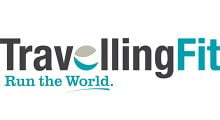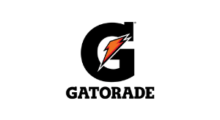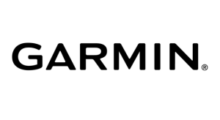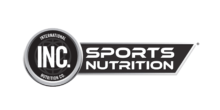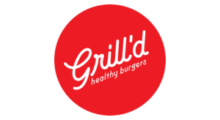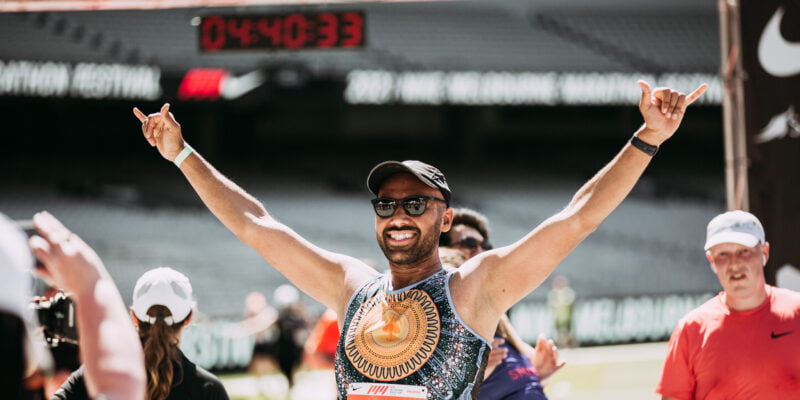
Training for a marathon can be really hard. Bupa sports dietitian, Nick Green, has some tips on your pre-marathon diet that can help you race across that finish line.
Diet is often an afterthought to all the physical, mental, and logistical concerns a runner faces when training for a marathon—but a proper marathon diet can be crucial to success.
“When you’re getting into running, or any form of exercise for that matter, diet is probably not a focus,” Green explains. “But ability and training can only take you so far. Nutrition can really help make a difference. It can be the key to better performance.”
Whether you’re a marathon newbie or an experienced runner looking for a personal best, Green’s tips on what to eat before a marathon can help us all get the best out of our run.
Pre-marathon training: re-friend the carbohydrates
There’s a good reason why marathon training nutrition is not at the forefront of people’s minds. Many of us take up running to get fit and lose some weight. Often, we combine physical activity with watching calorie intake, and in recent years, following the trend for reducing the amount of carbohydrates we eat. But Green warns that cutting down carbs when training for a marathon can have a harmful impact on performance, recovery and most importantly—our enjoyment.
“If your body is not getting enough carbohydrates, your glycogen fuel stores are depleted, meaning your body has to rely on breaking down fat.”
This is a good thing, right? No. When it comes to a marathon training diet, it’s actually not.
“This can lead to you feeling flat during workouts, meaning you’ll enjoy them less and may contribute to you giving up. And if you’re not having those carbohydrates after your workouts, you’re not recovering well, not replenishing your muscle fuel stores of glycogen.”
A balanced pre-marathon diet that includes a range of runner-friendly, nutrition-dense carbohydrates such as whole grains, dairy, legumes, fresh fruit and plenty of vegetables is key. The other important aspect of a marathon diet is timing.
“Think about when you need to fuel, and when you don’t need to fuel. On non-training days, you don’t need to worry about the carbs so much. But on a training day, the last significant meal before you run should definitely include some extra carbohydrates.”
If you have diabetes, it’s best to talk through your intended training diet with your doctor or Accredited Practising Dietitian, as you don’t want it to adversely affect your blood glucose levels. You can monitor your blood sugar levels during training to help work out what diet adjustments work for you.
The marathon: fuel, hydrate, repeat
There’s an old runner’s adage, ‘Nothing new on race day’ and it’s usually applied to all things clothing. But Green recommends this be taken a little further when it comes to your marathon diet:
“Nothing new on race day [can] apply to food as well.”
Try not to get swept up in the whole ‘carb loading’ frenzy that tends to occur prior to a marathon. If you don’t usually eat a huge bowl of pasta the night before a long run, you probably shouldn’t eat one the night before your marathon.
“Carb loading isn’t a pasta meal the night before. It’s more about what you eat for the day and the week before. And be careful not to add too much fibre in with those carbs. Your body may struggle to deal with that amount of extra fibre on race day. You may feel unwell,” Green explains.
Anyone who’s had to run to the toilet during a race can attest to this!
And speaking of race day, the same approach to what to eat before a marathon applies to breakfast before the race, and drinks and food consumed during the race.
Green suggests that a race-day marathon diet include a light breakfast such as beans on toast or some fruit and low fat yoghurt, or even just a banana, and recommends sipping water regularly until the start time. As for during the race:
“You should be taking on some form of carbohydrates during any event lasting longer than 90 minutes; a sports gel, sports drink or even a banana if you can carry it. The recommendation for carbohydrate intake is 30 to 60 grams per hour. And don’t wait until you’re feeling fatigued or dehydrated. Start re-fuelling and re-hydrating 30 to 45 minutes into the event just to keep on top of it.”
This marathon diet trick may help you avoid running into that runner’s dread—‘the wall’—towards the end of the marathon. And if you can, bring your own snacks. Don’t rely on what’s available at the race.
“If you count on a gel at the 18 kilometre mark, because that’s what race organisers have told you will be available, but then arrive to find they’ve run out or you can’t get to the station and keep on going past, you [may have] completely messed up your race plan,” Green warns.
There should be a strategic element to marathon training nutrition, as well. Practice your fuel and hydration strategy during your long training runs and then, when race day comes along, repeat. This could be the difference between having a very average (hopefully not disastrous!) marathon experience and an exceptional one.
Another tip is to keep on top of your iron levels, as these may drop in distance runners, particularly in women and vegetarians. This occurs for many reasons, such as increased sweating or a low intake of iron-rich foods. Also training stimulates red cell production meaning you may need more iron than usual. Low iron levels can cause tiredness and impair your performance. Get your levels checked by a GP and use these tips to boost your dietary iron while you train.
Post-marathon recovery: the big three
So now you know what to eat before a marathon. But what about afterwards? At the end of a marathon, I think any runner would be forgiven for falling into a post-race blob of exhaustion, followed perhaps by a feast of epic proportions with little regard for the kind of marathon training nutrition that they thought was so important before the race. But as Green explains, this is when nutrition counts most.
“There are three things you’re trying to achieve. You’re trying to refuel with carbohydrates, trying to repair with protein, and trying to rehydrate with fluid, ideally within the first 60 minutes of the activity having finished.”
What is the ideal meal for your post-race marathon diet? A meal should include some rice or potatoes for carbohydrates and some steak, chicken or fish for protein washed down with plenty of water. If you’re not heading for a meal, some key snacks such as nuts, bananas and a smoothie should tide you over.
While many runners focus on protein and rehydration for recovery, we often forget about the carbohydrates. But all three are equally important when it comes to your post-marathon diet, Green explains.
“Without carbohydrates, post-exercise recovery will prove more difficult and be less effective, meaning you [may be] less likely to achieve your future goals.”
This article was originally published by Bupa Healthlink

